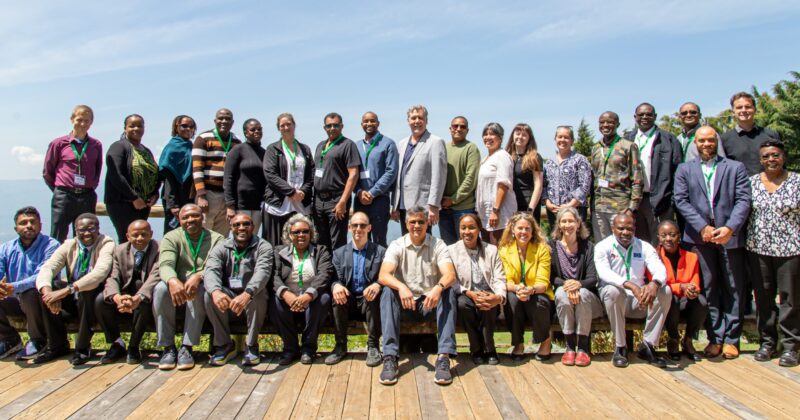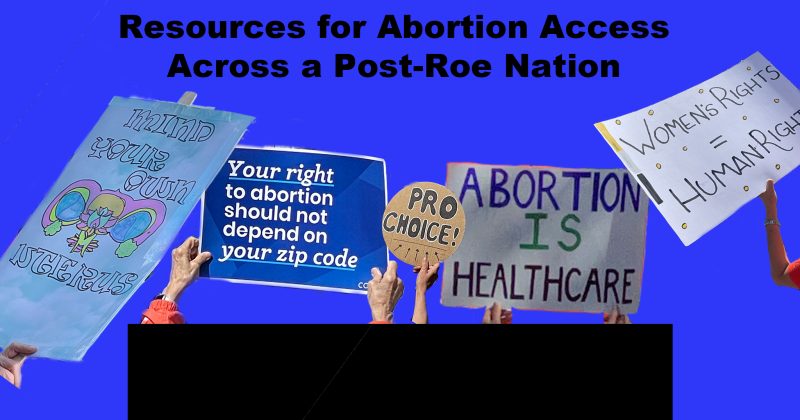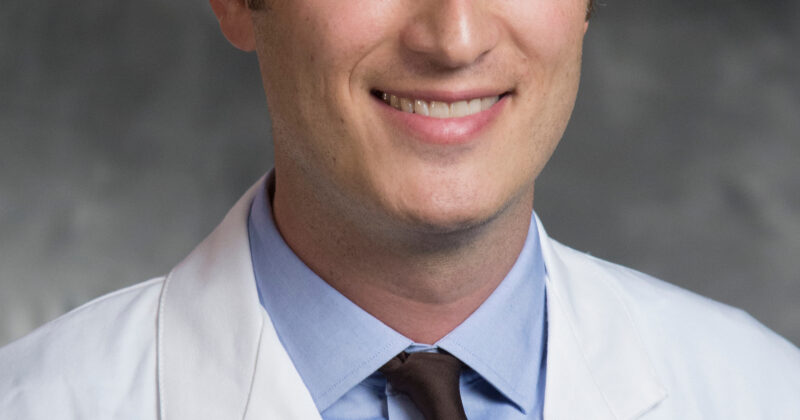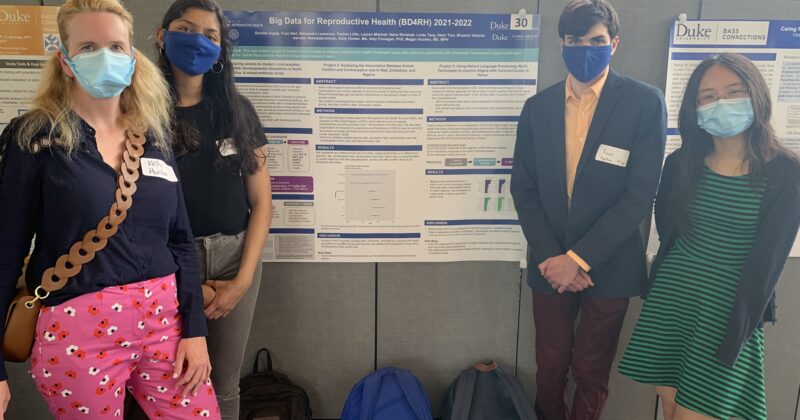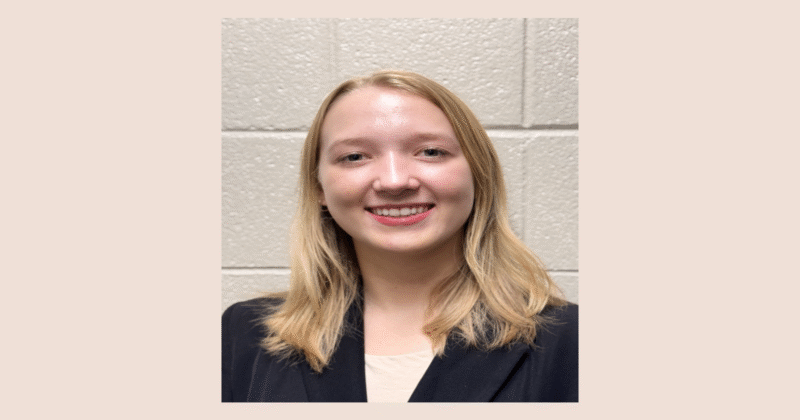
Meet Sierra Remington, 2025 SRT Program
Sierra Remington is a rising junior majoring in Asian and Middle Eastern Studies in the Arabic concentration and minoring in Biology and Global Health. She and the rest of the SRT cohort are arriving in Kisumu this week! Keep reading to get to know Sierra! Question: What about your upcoming trip to Kenya are you most looking forward to? Answer: I am most looking forward to seeing the process for the project we have been working on. Sometimes just talking about it and working behind the scenes makes it hard to picture the goal, and I think being there and being with the team will help with that. Q: What do you hope to do after graduation? A: I hope to become a military physician assistant and to continue to improve my Arabic skills by working with refugees. Q: What are you involved in outside of your studies? Can you tell us more? A: I am on the club volleyball team and on the executive board...



